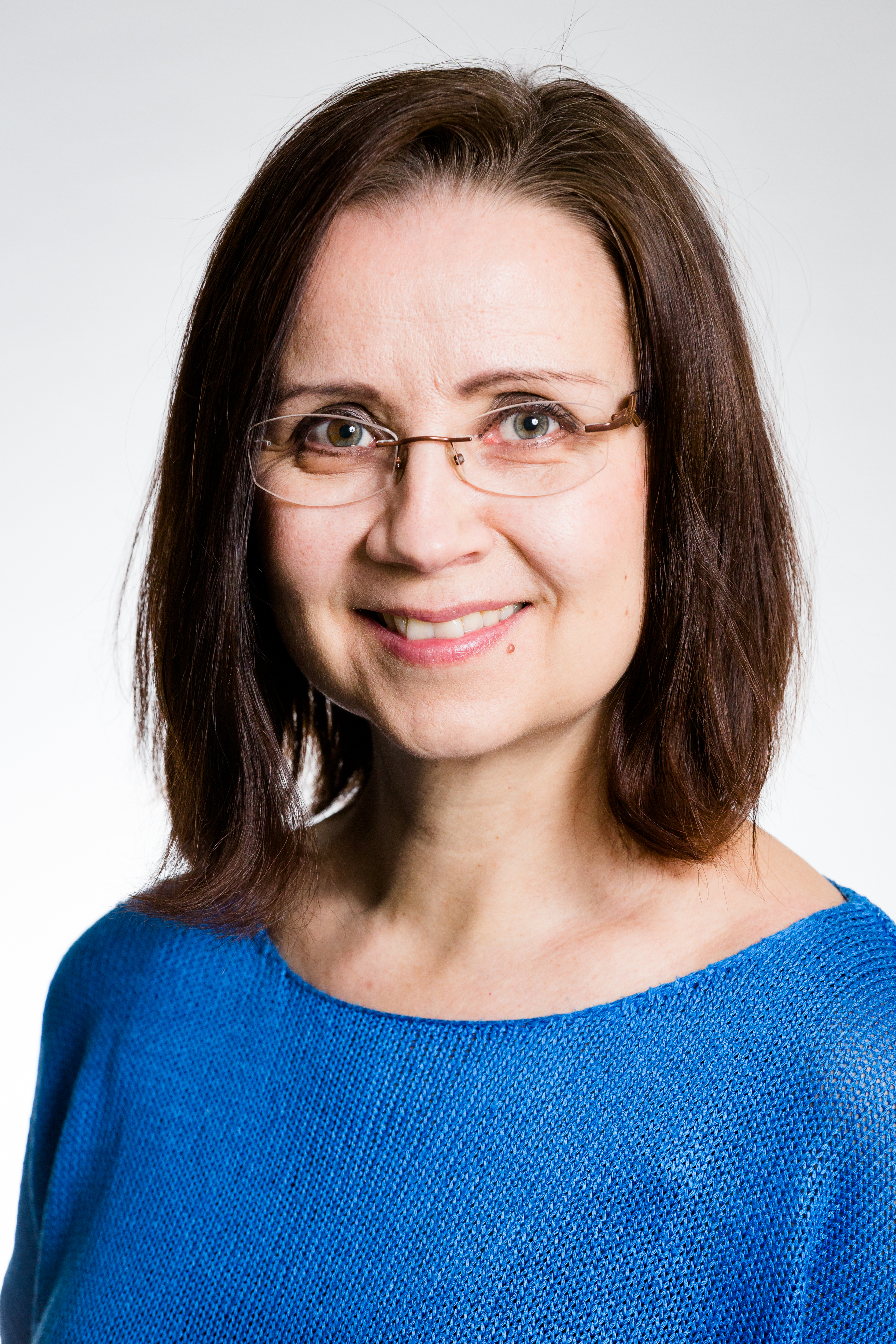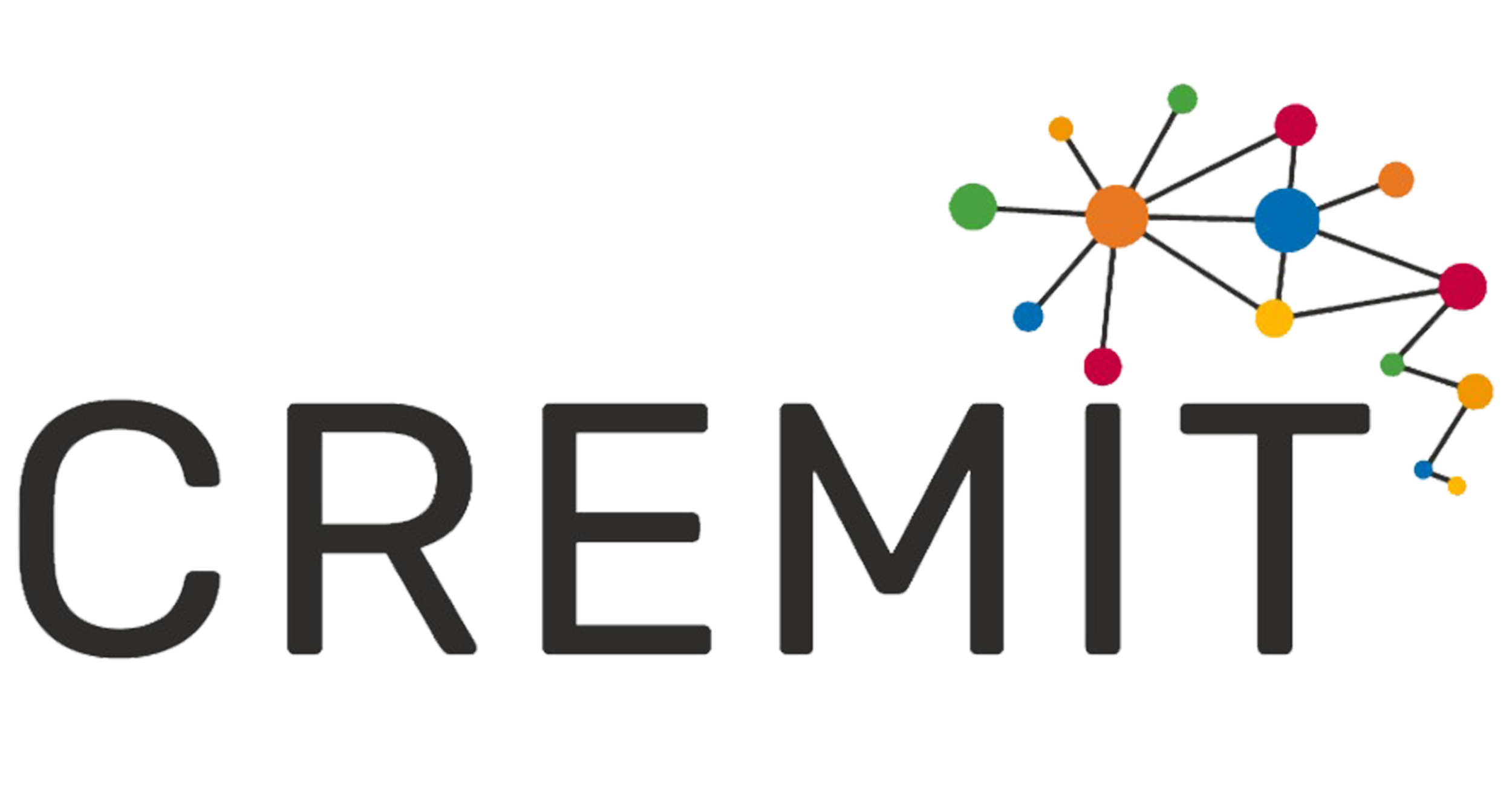
Päivi Rasi (University of Lapland)
In today’s mediatized society, digital technologies and the media play central roles in learning, well-being, everyday life, and participation throughout an individual’s life span. However, media education research and practice in Europe and beyond has, thus far, primarily focused on the media use and media literacies of children and young people. Adults—particularly older adults—have received less attention, even though the world population is rapidly aging. As the World Health Organization states, we are faced with the challenge of building age-friendly environments and practices that meet the needs of older people.
People over 65 years of age comprise a highly important and interesting group from the perspective of media education. Media education researchers are well-aware of the practice, in the domains of media studies and the social sciences, of studying digital technologies and media from the social generations’ viewpoint. Thus, we are familiar with concepts such as “digital natives” and “digital immigrants.” We are also aware of the criticism such concepts have attracted for failing to capture generational diversity. However, even when there is diversity among older people, the media preferences and use within this group differ from those among children and young people; thus, this topic merits further research.
Presently, we have scant research evidence focused on the critical media literacies of older adults. Some existing research points to a lack of critical media literacies. For example, a recent study from the United States concludes that it is possible that an entire cohort of older Americans lacks the digital media literacy necessary to determine the trustworthiness of online news. Similarly, a recent study from Finland reveals that a significant number of 75-year-old Finnish men and women report difficulties in understanding and judging the trustworthiness of health information presented in the media.
Individuals’ media education needs and interests change over the course of their lives. For example, in infancy, media education can support children’s emotional and cognitive development as well as caregiver-child interaction. Further, in their old age, media education can support their ability to obtain and critically assess health-related information, use online health services, and support social and family relationships. Effective media education methods may partly differ for children, young people, adults, and older people. Therefore, besides talking about media pedagogy, we could also discuss media andragogy and media geragogy—the concept of geragogy having been defined by Brian Findsen and Marvin Formosa (2011) as the practice of fine-tuning teaching and instructional styles to aid the learning experiences of older adults.
At the Centre for Media Pedagogy, University of Lapland, Finland, we presently have two ongoing research projects, which aim to better understand and support older people’s digital competences and media literacies. First, in the international HARVEST project, we are examining older users’ use, non-use, and learning of eHealth services. Next, as part of the national IkäihMe project, we are developing teacher education for adult educators, which entails designing, producing, and piloting a novel study module on older people’s media education and digital competences. The aim is to prepare future adult educators to better support older people’s media literacies.
On my own journey toward lifelong media education, I have had the pleasure of collaborating with and learning from Centre for Research into Media Education and Technology Literacy (CREMIT) researchers as well as researchers at the Department of Communication and Performing Arts, Università Cattolica del Sacro Cuore. I truly hope that we will continue our collaboration in the future as well. The world’s aging population, the increasing knowledge about the malleability of the brain even into old age, and the current emphasis on lifelong and life-wide learning call for need-based and age-friendly media education that addresses media literacies across the life course and life span. Having researched older people’s relationships with digital media for 10 years, I have been pleased to see that the number of media education research and development initiatives focused on older people seems to have increased; it is evident that we are moving toward lifelong media education.
Reference
Findsen, B., & Formosa, M. (2011). Lifelong learning in later life. A handbook of older adult learning. Rotterdam: Sense Publishers.
Päivi Rasi, PhD, MSSc, is an Associate Professor of Education with the Centre for Media Pedagogy at the University of Lapland’s Faculty of Education, Finland. She also serves as the chairperson of the Finnish Society on Media Education. She is presently guest editing a special issue for the Journal of Media Literacy Education, titled “Media Literacy Education for All Ages.”
For further information, please visit: http://paivihakkarainen.wordpress.com/
CREMIT first came in contact with the Centre for Media Pedagogy for a research project on the use of audiovisual products in schools for educational purposes, thanks to the contribution of EBU – European Broadcasting Union. A partnership for a Ph.D. and other research collaborations started, so CREMIT and CMP took part in several meetings, such as the MEC – Media Education Conference in Salla, developing common interests on media education and learning.

![[GLOBAL CREMIT] Toward Lifelong Media Education](https://www.cremit.it/wp-content/uploads/2019/03/lifelong_learning.jpg)






